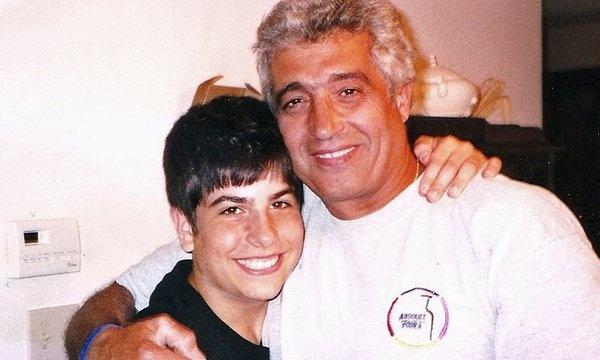

Resources for Parents
When it comes to prescription opioid addiction, sometimes the last people to know are parents, relatives and guardians. That is mostly due to the misperception of a doctor-prescribed medication’s safety. Families and loved ones need to move past denial and know what to look for.
Educate yourself
- Research facts about prescription opioid and heroin addiction
- Be involved in what and how much doctors prescribe your children
- Research all medications prescribed to your children
- Research alternative pain therapies for those that might work for your family
- Be on the lookout for signs and symptoms of misuse or abuse of opioid medications
- Pay attention to changes in friends, declining grades, medications missing
Take action
Preventative:
- Make sure to talk to your child about everything that goes on in their lives
- Have pointed discussions about the opioid epidemic
- Involve yourself in all medical decisions and recommended prescriptions for your child
- Research alternative pain therapies
- Ask your child’s school what prevention education they present on the opioid epidemic
- Be receptive to issues that your child may be dealing with
During treatment and recovery (if necessary):
- Have discussions about the associated stigma of addiction
- Be supportive to ensure they get the necessary treatment
- Talk to other parents or counselors who have experience dealing with addiction
- Explore all treatment options and alternative pain therapies
- Research treatment facilities that may be appropriate for your child
- Reassure your child that recovery is not easy, relapse is possible, but you will be with them every step of the way

.jpg)
Cameron's Story
Insights and resources from Jennifer Weiss-Burke, Cameron's mother & parent advocate.

Michael's Story
Insights and resources from Avi Israel, Michael's father & parent advocate.
What should I watch for if I suspect a loved one may have a prescription drug abuse problem?
Teens are prone to mood swings and emotional outbursts, so it may be difficult to determine what certain behaviors indicate. But, there are several emotional and physical signs that signal that a loved one may have a substance abuse or addiction problem.
Emotional Signs of Addiction
- Increased irritability
- Lowered threshold for violence
- A heightened sense of paranoia
- Unresponsiveness to questioning
- Depression and an apathetic viewpoint
- A strange cycle of being unusually talkative and cheerful
- Isolation from surrounding friends/loved ones
- Denial and rationalization
Physical Signs of Addiction
- Excessive sweating, urination, and thirst
- Uncontrollable shaking
- Loss of consciousness
- Cycles of excessive sleep
- Insomnia
Resources
NIDA for Teens on Prescription Pain Medication (Opioids) - Learn what opioids are, how they affect your body and brain, and where to go for help.
Mind Over Matter Series/Booklet for Middle Schoolers on Opioids - If someone uses opioids again and again, his or her brain is likely to become dependent on them. Misusing opioids can negatively affect your body.

Understanding the Opioid Epidemic is a production of WNED PBS
With funding provided by BlueCross BlueShield Association and the Brain Research Foundation.